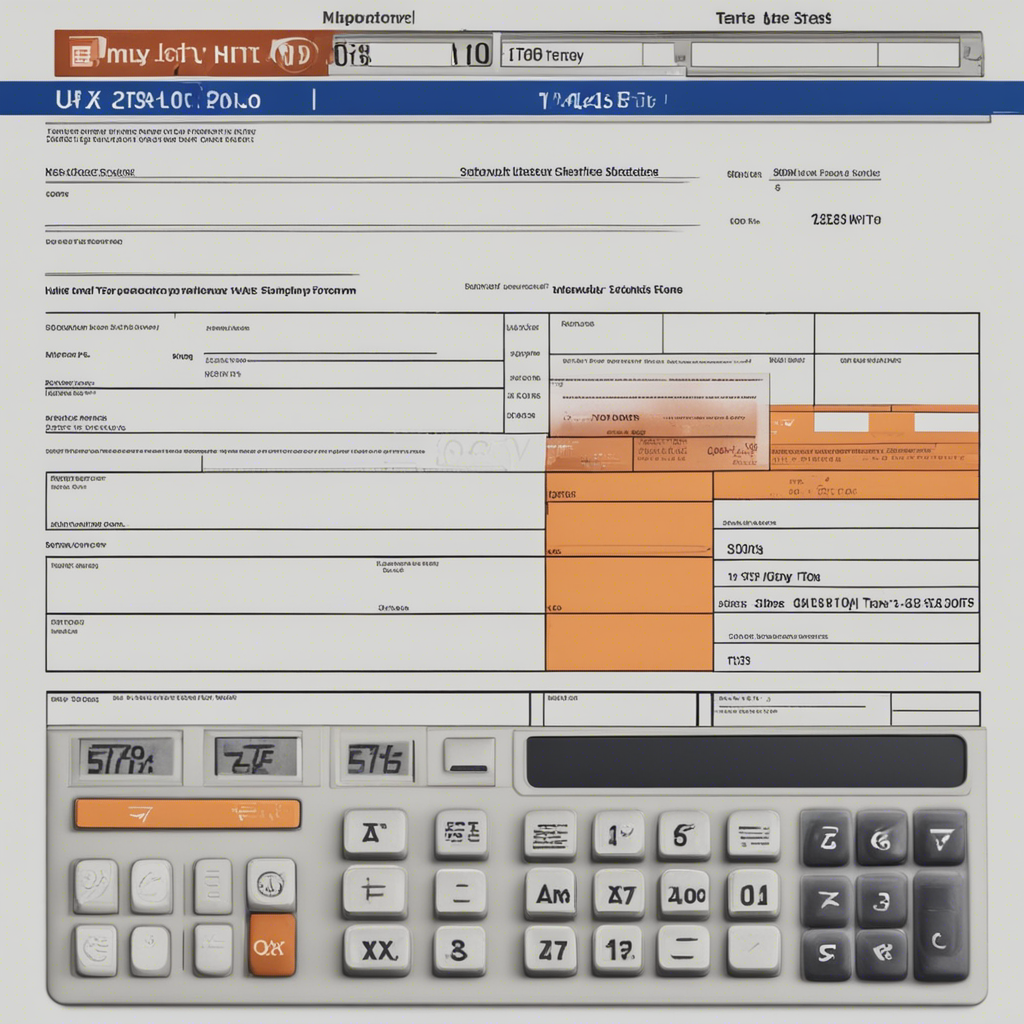
Budgeting for Newlyweds: A Full Guide
Congratulations on your recent marriage! As you embark on this exciting journey together, it’s crucial to establish a solid financial foundation. One of the most vital aspects of building a successful marriage is effective budgeting. In this comprehensive guide, we will explore the essential steps and strategies for budgeting as newlyweds, helping you lay the groundwork for a healthy financial future.
Introduction to Budgeting
At its core, budgeting is the process of allocating your income towards various financial goals and expenses. It involves tracking your spending, organizing your finances, and making informed decisions. Taking control of your finances early on will not only minimize stress but also enable you to work towards shared financial objectives.
1. Establish Open Communication
The first step in successful budgeting for newlyweds is open and honest communication. As you merge your lives together, it’s crucial to have regular conversations about your shared financial goals, aspirations, and expectations. Discuss your attitudes towards money, personal finance habits, and any outstanding debts or financial obligations you may have.
2. Determine Your Goals
Once you’ve established open communication, it’s time to define your short-term and long-term financial goals. Do you aspire to purchase a home, start a family, or travel extensively? Understanding what you both want to achieve will help shape your budgeting priorities and decision-making processes.
3. Assess Your Income and Expenses
To create an effective budget, you must first determine your total income and subtract your necessary expenses. Start by cataloging both your fixed expenses (e.g., rent/mortgage, utilities, insurance) and your variable expenses (e.g., groceries, entertainment, dining out). Consider using a budgeting app or spreadsheet to streamline this process and gain a clear overview of your finances.
4. Allocate Funds for Savings
Savings are a crucial component of a healthy financial plan. It’s essential to allocate a portion of your income to build an emergency fund, plan for retirement, and save for your specific short-term goals. Ideally, set aside at least 20% of your income for savings but adjust this figure based on your personal circumstances.
5. Create a Realistic Budget
Armed with the knowledge of your income, expenses, and savings goals, it’s time to create a realistic budget. Prioritize your essential expenses, such as rent, utilities, and debt payments, while leaving room for discretionary spending. Be mindful of your spending habits and make necessary adjustments to ensure your budget aligns with your financial goals.
6. Track and Review Your Budget
A budget is not a one-time creation; it requires constant tracking and evaluation. Regularly review your spending patterns and compare them against your budgeted amounts. This practice will help you identify areas where you may be overspending and enable you to make more informed financial decisions moving forward.
7. Discuss Financial Decisions Together
As newlyweds, it’s important to make financial decisions as a team. Before making significant purchases or taking on new financial commitments, consult each other and evaluate the potential impact on your budget. This level of collaboration will build trust, reduce potential conflicts, and keep you aligned with your shared goals.
8. Reduce Debt and Manage Credit Wisely
Debt can be a significant burden on your budget and financial goals. Prioritize paying off high-interest debts, such as credit cards or personal loans, as soon as possible. Additionally, maintain a healthy credit score by making payments on time, keeping credit utilization low, and avoiding unnecessary debt.
9. Seek Professional Help (If Needed)
If budgeting becomes overwhelming or you need assistance in managing your finances, do not hesitate to seek professional help. Consider consulting with a financial planner or advisor who can provide personalized guidance based on your unique circumstances. Their expertise can help you navigate complex financial situations and optimize your budgeting strategies.
10. Revisit and Adjust Your Budget Regularly
As your circumstances change and your financial goals evolve, it’s important to revisit and adjust your budget regularly. Reassess your income, expenses, and savings plan annually or as life events dictate. By staying proactive and flexible, you can ensure your budget remains relevant and effective.
Conclusion
Budgeting as newlyweds may seem daunting at first, but with open communication, shared goals, and a proactive mindset, it becomes an empowering process that strengthens your relationship and financial well-being. By following the steps outlined in this comprehensive guide and regularly reviewing your budget, you’ll be well on your way to achieving your shared financial dreams as a newlywed couple.
Remember, budgeting is a dynamic process that requires continuous effort and collaboration. Embrace your financial journey together, seeking opportunities to educate yourselves, make informed decisions, and grow financially as a team.
Note: To understand and customize your budgeting process further, it’s recommended to consult reliable resources such as reputable personal finance books, trusted financial websites or educational courses offered by well-known institutions.






